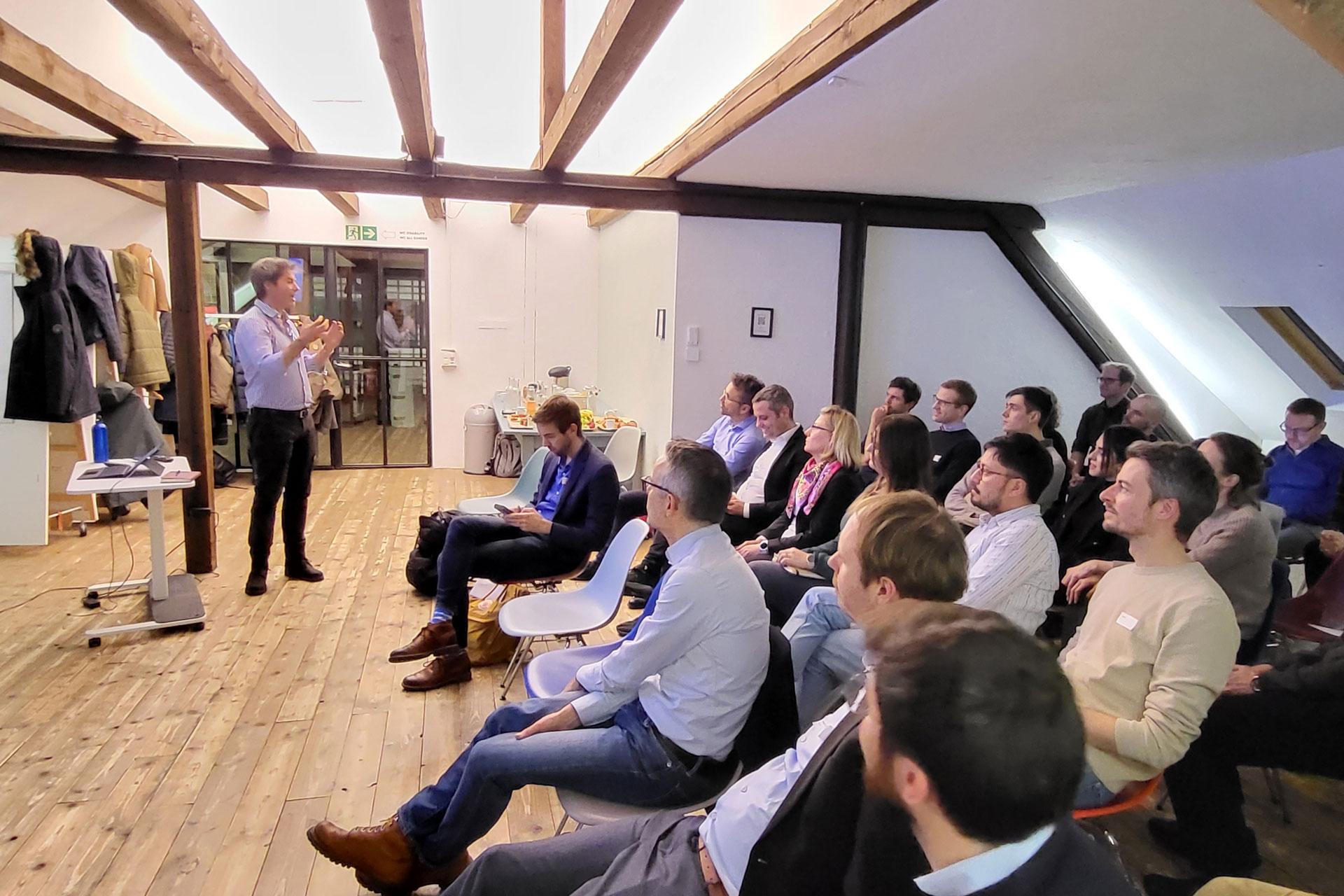Prefer home office options instead of higher salary

In a workshop, experts from science and practice discussed efficient job placements and how the online job search is currently evolving.
At the beginning of the year, experts from academia and practice gathered in Zurich to discuss the future of digital job search.
The workshop was organized by researchers from the National Research Programme NRP 77: Michael Siegenthaler from the KOF Swiss Economic Institute (ETH) and Rafael Lalive from the University of Lausanne. Conny Wunsch and Patrick Arni, who are also jointly leading an NRP 77 project, presented the findings of their research. All four researchers are engaged in exploring the digital transformation in job search within the framework of the National Research Programme NRP 77.
Digital skills are underestimated
Conny Wunsch examines the question of how digitalisation is changing the demands placed on employees. Specifically, she has investigated how job seekers assess the required digital skills in jobs relevant to them and found that competency requirements are underestimated, particularly by women, construction workers, and employees in less knowledge-intensive service sectors. Further research results will be presented after completion of the research work at the end of 2024.
Micheal Siegenthaler and his research colleagues from the University of Lausanne and ETH Zurich are investigating, using real-time data, how unemployed job seekers search for jobs online. The aim is to better understand the success factors of job searches and trends on the Swiss labour market, with the aim of optimizing job placement.
Job seekers are willing to forgo higher salaries for these additional benefits
One focus of the researchers is on the role of benefits and wages in the job search. The impacts of these factors have been examined by researchers Andreas Beerli (ETH), Stefano Fiorin (Bocconi University), Andreas Gulyas (University of Mannheim), Mahsa Khoshnama (Princeton University), Daniel Kopp (ETH), and Michael Siegenthaler (ETH) in a large-scale online field experiment.
During the experiment, around 150,000 job seekers were randomly shown additional information about the salaries and benefits of the advertising company on the job adverts of 112 Swiss job platforms over a period of three months.
Interestingly, job seekers respond positively to salary transparency. The probability that jobseekers will even look at the advert increases by 8-10% if the salary is transparent. A 10% higher salary increases the likelihood that they will apply for the job by a further 3-5% - a positive but relatively small effect.
If the employer offers additional benefits, these are perceived as part of the salary. The online experiment revealed the following ratios:
- Job seekers are willing to give up an 18% higher salary to work for a company that offers home office.
- A company car was considered equivalent to a 14% higher salary.
- Employer-sponsored childcare was equivalent to a 9% higher salary.
If you wish to receive further insights in presentations on the topic "Shaping Digital Job Search Strategies and Outcomes", please contact us by e-mail:
Further information on the two NRP 77 projects:
